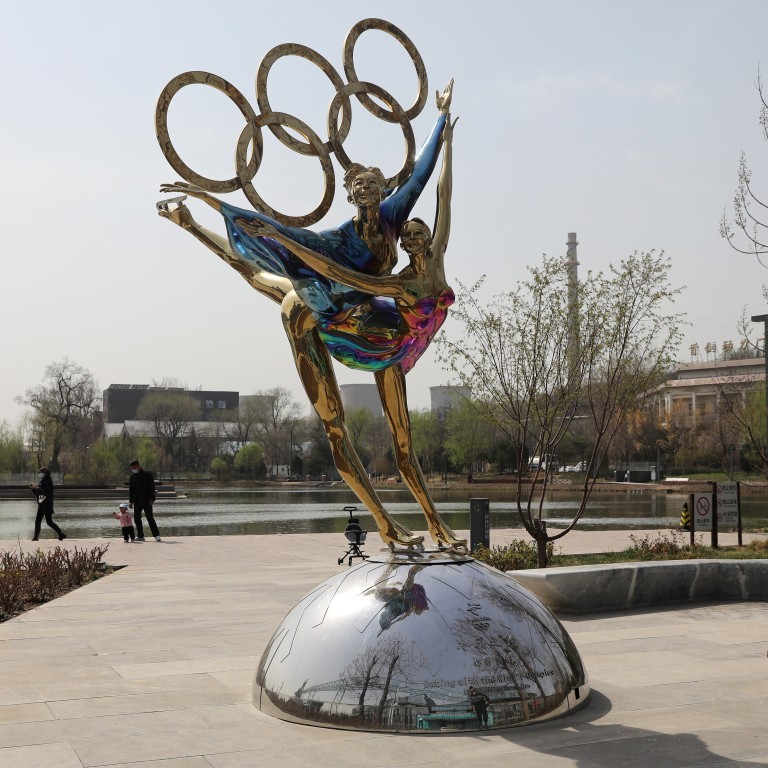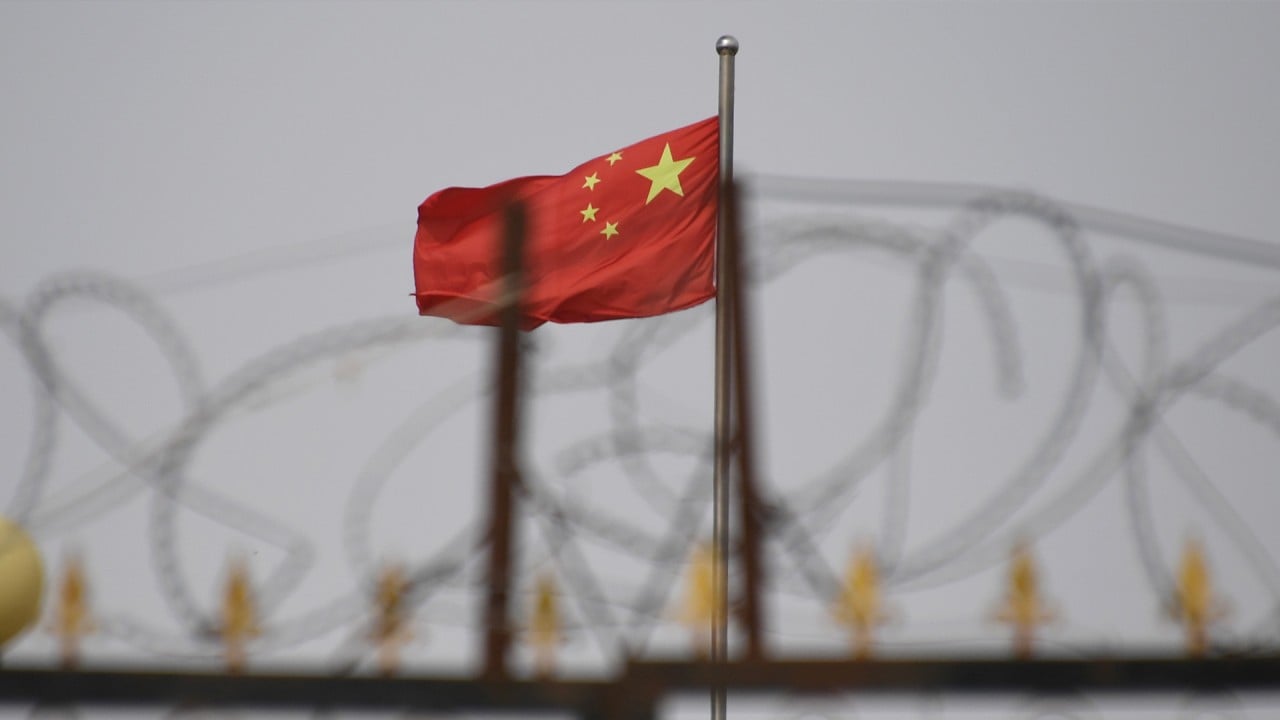
Greek PM accepts Beijing Winter Olympics invite ahead of Euro boycott vote
- Prime Minister Kyriakos Mitsotakis says he will attend the February Games in phone call with Chinese leader Xi Jinping
- The European Parliament is expected to pass a resolution on Thursday calling for a diplomatic boycott over human rights concerns
In a phone call with Xi Jinping on Wednesday, Mitsotakis accepted the Chinese leader’s invitation to attend the 2022 Games, according to the official readout from Athens. A statement from China’s foreign ministry said the two leaders also discussed strengthening ties between China and the EU.
Euro MPs to call for Olympic boycott and sanctions on Hong Kong officials
The European Parliament is set to vote on Thursday on the resolution calling for EU institutions and member states to “decline invitations for government representatives and diplomats to attend, unless the Chinese government demonstrates a verified improvement” in its human rights record, according to a draft of the motion seen by the South China Morning Post.
Greece, which has struggled with a decades-long debt crisis, has notably embraced relations with China in recent years, despite growing scepticism among EU states towards Beijing.
This has included an active Greek role in Xi’s signature belt and road infrastructure scheme which has placed Piraeus – said to be the oldest port in Europe – under the control of China’s state-owned shipping giant Cosco. In 2017, Greece also blocked an EU statement at the UN criticising China for its human rights record.

03:36
Beijing hits back at Western sanctions against China’s alleged treatment of Uygur Muslims
China responded with counter-sanctions on 10 European individuals and four entities, sparking anger among EU member states and leading to the European Parliament’s suspension of a landmark investment deal between the two sides.
Xi spoke with his German counterpart Angela Merkel and French President Emmanuel Macron on Monday in support of the frozen investment agreement, but the two European leaders expressed “serious concerns about the human rights situation in China” during the call, according to readouts from Beijing and Paris.
UK’s Johnson to resist calls for Beijing Winter Olympics boycott
Xi raised the Winter Olympics in a call with Finland’s President Sauli Niinisto in June, according to China’s foreign ministry statements. But while the Chinese read-out quoted Niinisto as saying the country would “actively participate” in the games, the Finnish official statement on the call did not mention the Olympics as a topic in their conversation.
Some leaders have publicly expressed unease with the idea of a boycott of the Winter Olympics, or the lesser version of a diplomatic boycott.
Prime Minister Boris Johnson told his country’s parliament on Wednesday that while Britain had “led the world in condemning human rights abuses in Xinjiang and putting sanctions on those responsible”, he was “instinctively, and always have been, against sporting boycotts”.

